The Great Lakes ADA Center in collaboration with the ADA National Network invites you to register for the upcoming ADA Audio Conference Webinar entitled :
Accessible Social Media 2.0
![]() featuring
featuring
Alexa Heinrich, Social Media Manager, St. Petersburg College.
Date: Tuesday, March 15, 2022
Time: 2:00 – 3:30 pm ET
Organizations, businesses, and public entities use social media to promote their products and mission as well as to engage members of the public. This webinar will cover how social managers and other staff can create and publish content for social media in a manner that is accessible to individuals with a variety of disabilities (vision, auditory, motor, and cognitive). The speaker will provide an overview of the basics of making content accessible on various social media platforms, including Facebook, Instagram, Twitter, LinkedIn, and YouTube. Learn tips beyond the basics such as tips on writing alt text, ensuring language is accessible, and testing your own content. Participants will have an opportunity to ask the speaker questions following the presentation.
Format: Zoom Webinar Platform (Sign Language Interpreter and Closed Captioning will be provided via Zoom and Stream Text link option)
Use this link to Register for this webinar
If you do not have an account with our system, you will be required to establish one before registering. Registration deadline: Monday, March 14, 2022.
CEUs: Certificate of Attendance, ACTCP
Questions should be directed to webinars@adaconferences.org
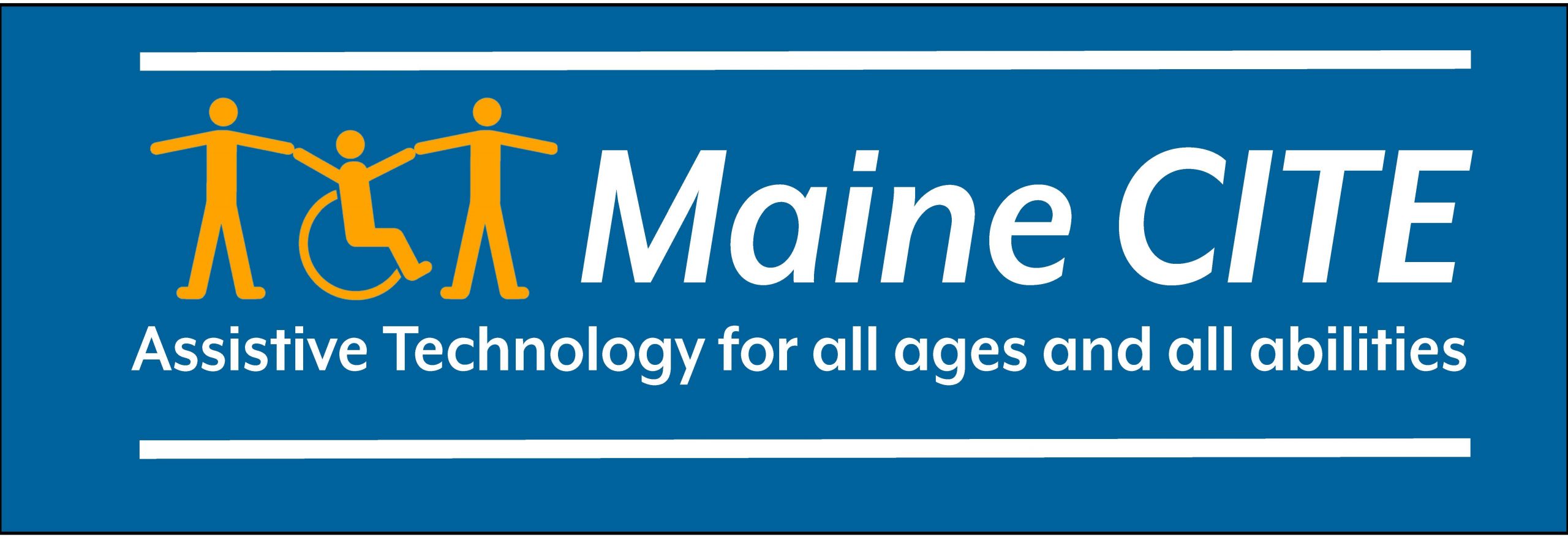
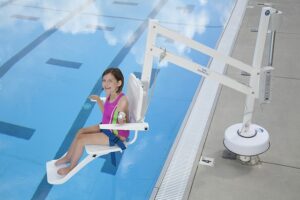 The ADA and ABA Accessibility Standards address independent access to swimming pools and spas. The next webinar in the U.S. Access Board’s free monthly series will take place March 3 from 2:30 – 4:00 (ET) and will review application of these requirements to swimming pools and spas, as well as the technical requirements for pool lifts, sloped entries, transfer steps, transfer walls, and stairs. Additionally, Board staff will address aquatic recreation facilities, such as lazy rivers, wave action pools, and water play components. Presenters will also clarify common sources of confusion about accessible swimming pools and spas.
The ADA and ABA Accessibility Standards address independent access to swimming pools and spas. The next webinar in the U.S. Access Board’s free monthly series will take place March 3 from 2:30 – 4:00 (ET) and will review application of these requirements to swimming pools and spas, as well as the technical requirements for pool lifts, sloped entries, transfer steps, transfer walls, and stairs. Additionally, Board staff will address aquatic recreation facilities, such as lazy rivers, wave action pools, and water play components. Presenters will also clarify common sources of confusion about accessible swimming pools and spas.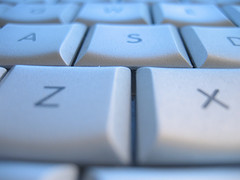 The following information comes from the
The following information comes from the 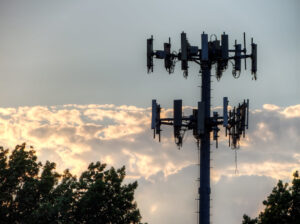 An
An  Achieving a Better Life Experience (ABLE) accounts are now available in Maine! This free webinar will provide information about the program in Maine.
Achieving a Better Life Experience (ABLE) accounts are now available in Maine! This free webinar will provide information about the program in Maine. A new research study conducted by the Southwest ADA Center, Dell, and Intel has been developed to study video game accessibility for people with disabilities. The confidential study is open to all individuals with disabilities 18 years of age and older who like to play video games. You do not have to share any information that you are not comfortable sharing and the research study involves no foreseeable risk or cost to participants. You will not be paid to take part in this study. Everything you tell us on this survey will be kept anonymous and confidential.
A new research study conducted by the Southwest ADA Center, Dell, and Intel has been developed to study video game accessibility for people with disabilities. The confidential study is open to all individuals with disabilities 18 years of age and older who like to play video games. You do not have to share any information that you are not comfortable sharing and the research study involves no foreseeable risk or cost to participants. You will not be paid to take part in this study. Everything you tell us on this survey will be kept anonymous and confidential. U.S. Access Board to Host Public Event on Equity in Healthcare for People with Disabilities
U.S. Access Board to Host Public Event on Equity in Healthcare for People with Disabilities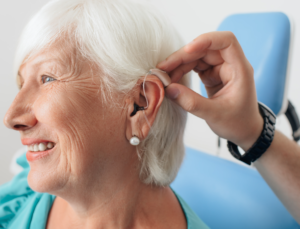 As a part of the
As a part of the 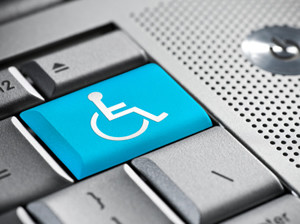 Since 1988, the annual
Since 1988, the annual  WASHINGTON: October 27, 2021 – The National Institute of Standards and Technology (NIST) requests public comments on the Draft of Promoting Access to Voting: Recommendations for Addressing Barriers to Private and Independent Voting for People with Disabilities. Under
WASHINGTON: October 27, 2021 – The National Institute of Standards and Technology (NIST) requests public comments on the Draft of Promoting Access to Voting: Recommendations for Addressing Barriers to Private and Independent Voting for People with Disabilities. Under